My colleague, Clark, has a residual skill left over from his years of using alcohol. Clean and sober for 29 years, he can still walk into any bar in any city and by the time his eyes have adjusted to the dim light, he can point to which people are in the saloon for which reason. It doesn’t matter if he has never been to that establishment before. “Those two at the bar abuse alcohol. That man in the booth is looking to score opioids. The woman by the door is meeting a connection for benzodiazepines.”

I don’t know if I am a similarly shrewd judge of character. I don’t think that my insights into personality are particularly sophisticated. I certainly can’t distinguish who is having a beer after work and who is looking to buy Schedule One* drugs. I do think I am better than the average bear at perceiving which of my children’s friends are making decisions of which I would disapprove. I think I can tell which kids are Gilligan, which are Eddie Haskells, which are Carl Gallagher from Shameless. Although it’s not the bumblers or the dissemblers or even the budding psychopaths that are my main concern.
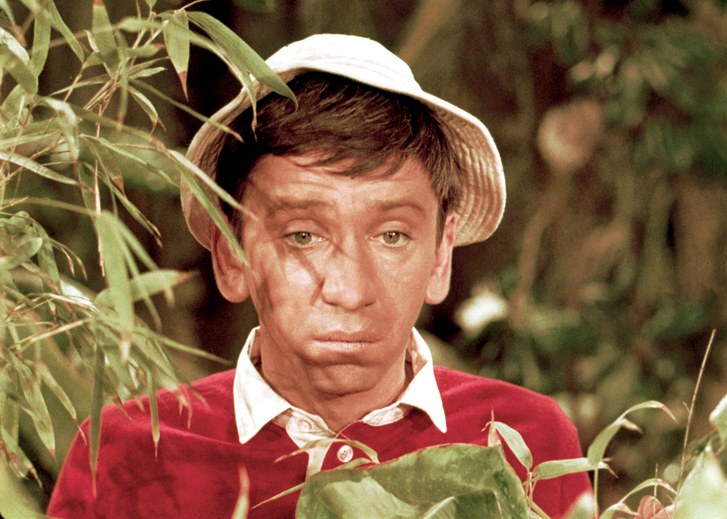
I want to know who the kids are who are meaning to harm my beloved children. I’m on the lookout for bullies, for mean girls, for kids who will willingly do harm to mine. I am especially attuned to the kid who thinks it’s okay to drink and drive. But my powers of perception are imperfect. I can’t necessarily tell which kids think it’s okay to have a couple beers and get behind the wheel; but my children certainly know. How do my children know who thinks it’s okay to quaff and commute? Easy. The kid who says, “C’mon get in my car; I’m not really drunk.”
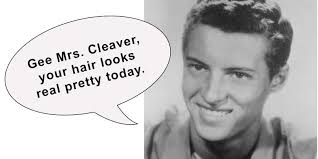
Therefore, my children have to feel that my opinion is more important than that of their peers. And my kids have to feel comfortable telling me who is having a beer or three and inviting them to get in a car. Because I don’t know that my kids are going to be impervious to the sling and arrows of outrageous fortune.
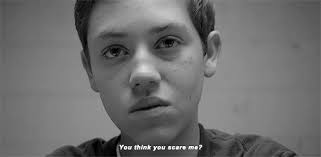
What I do know is that my kid will go to a ninth grade party where alcohol will be served. My kid will be offered opioids before she is graduated from high school. If you don’t think there are drugs in your child’s high school, then let me assure you that your check is in the mail and that my Mercedes is paid for. Drugs and alcohol are available at every high school in the U.S. in 2020. Even the most loving and aware parents cannot protect their kids from exposure to alcohol, pot, cocaine, and benzos. What we can do is ensure that our kids have somewhere to go with the information. “Just say no” is a necessary but not sufficient condition. “Just say no then come talk to me about it” is a more likely defense against that which is likely to result in tragedy.
“Get in the car, I’ve only had a couple beers, what’s the matter with you, are you some kind of mama’s boy, it’s a long walk home, you dweeb, everybody else is already in the back seat” is the siren song from which there is seldom a good outcome. Whether or not your kids accept that “nothing good happens after 11:00,” they have to know that they can call you or jump in a taxi. They have to feel good that they can make the right call, that they won’t be judged. If you answer the phone with, “I told you not to go to that party; I knew there would be drugs and alcohol there; you’re going to have to find a way to get home, I’m already asleep,” you have a problem that Houston can not help with.
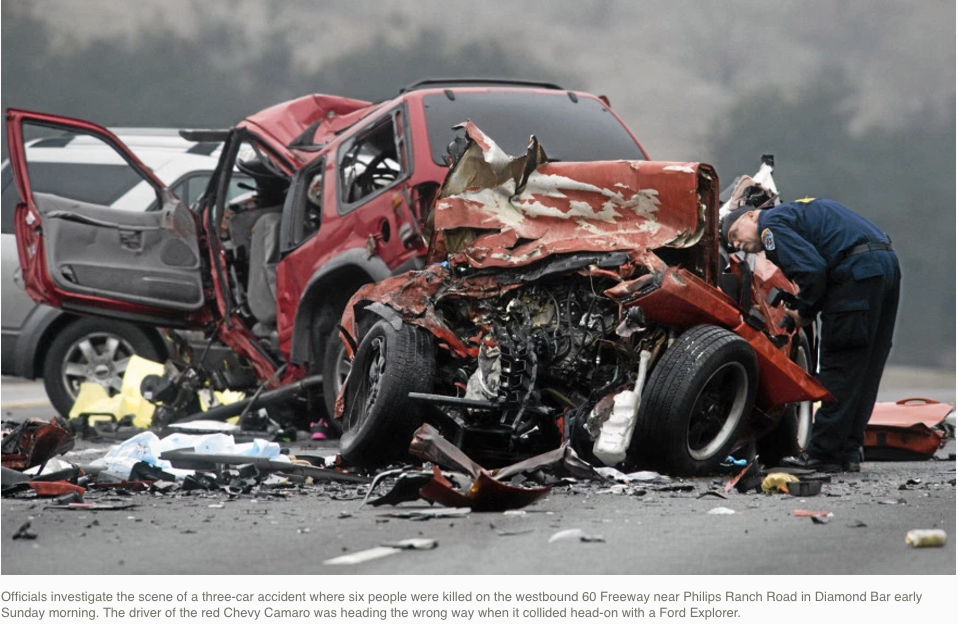
Which means that you have to set up your lack of debilitating parental judgment well before 10:59. “Nobody ever died of a C in algebra” is a good place to start. Parents who communicate, “I love you, I trust you, you can tell me anything” have a better chance of bringing up kids who won’t get in that car whether Gilligan, Eddie Haskell, or Carl Gallagher is driving.
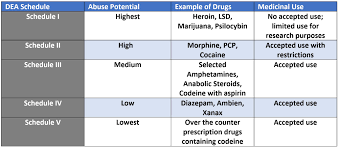
* According to the DEA, Schedule I drugs “have no currently accepted medical use in the United States, a lack of accepted safety for use under medical supervision, and a high potential for abuse” whereas Schedule II drugs “have a high potential for abuse which may lead to severe psychological or physical dependence.” Heroin is schedule I; morphine is schedule II.


